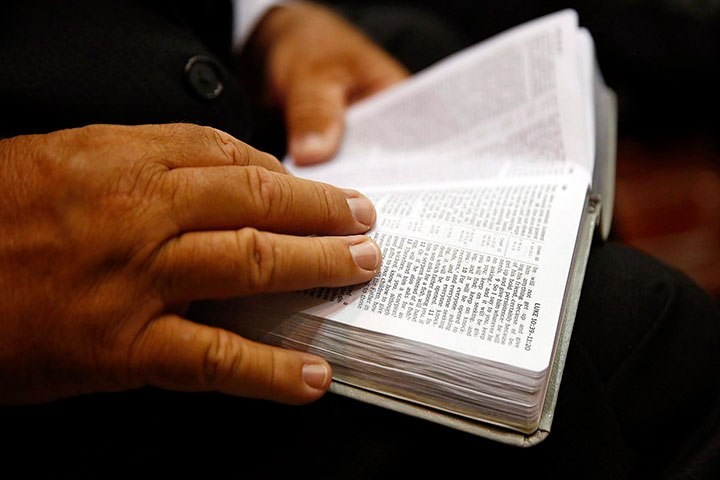Each week, submissions are provided to Thorold News by associates of the “Thorold Spiritual Community.” We are the ministers, pastors and priests local to the Thorold community, and all of us are representatives of various “spiritual” traditions which, exclusively, are “Christian.” That’s not a bad thing, of course, but I think it’s a consideration of which it is worthy to take note. All of us profess to be followers of Christ (hence, “Christian”) but each of us reserves the prerogative to say for ourselves what that exactly means. If we did not do that, there would, of course, be only one Christian denomination here in town, and we know that that is not the case. We reserve for ourselves the right to declare our own, individual understanding of the tenets, terms and terminology of Christian faith, and live out our faith profession accordingly. As the minister of Trinity United Church on Pine Street South, I would like to introduce the tenets of our “liberal progressive” Christianity in this and the next few submissions that I make to Thorold News.
This week, I would like to briefly talk about the Bible.
Most who read this column are probably aware of the term, “Bible-believing Christians.” When you think about it, it’s kind of an odd declaration to make. To my knowledge, there is no Christian denomination that exists without the Bible. The story of Jesus, the Christ of God, is relayed to us only through the Bible. In fact, without the gospels of Matthew, Mark, Luke and John, there is no story of Jesus at all. So whence the term “Bible-believing Christians,” in what seems to be such a restrictive and exclusive form? From my “liberal progressive” perspective, the term would be more correctly stated as “A-particular-appreciation-of-the-Bible, believing Christians.” The English wording of the Bible (which is constituted of a “critical text,” the end result of intensive, academic study of all extant written sources, most written in Greek, and so-called “biblical Greek,” at that) is subject to interpretation right from the start. No matter who we are, there is a distance between our reading of the biblical text and our proclamation, and that space is constituted of interpretation. We cannot make a statement about what the Bible says without first interpreting the words the Bible gives us, English words, interpreted from Greek (and Hebrew and ancient Aramaic, the language Jesus spoke).
The next appreciation we need to consider about the Bible is the Bible’s designation as “The Word of God.” What on earth exactly does that mean? I mean, if we really want to get down to it, the Bible itself defines “The Word.” John’s gospel tells us The Word is Jesus, born to us, a human being just like us, becoming flesh, and dwelling with us, full of grace and truth. I, myself, am quite happy accepting Jesus as The Word, and not the Bible. In fact, holding out the Bible as The Word truly seems idolatrous. And besides, when we consider the Book of Psalms, the Psalms clearly are the words of humankind, of the community of faith, given to God. And so we need to ask, how is it that our words to God somehow become God’s words to us?
I believe what makes the Bible “holy” (if we can allow for some license as people of faith) is that it is a revered text, held sacred by the community of faith throughout the ages. The sacredness of the Bible is conferred by the reverence of the community of faith, and not by a requisite imposition of the text itself.
As well, the biblical text is rendered sacred as the “witness of the community of faith as it comes to terms with the reality of their lives in relation to their belief in God.”
The biblical text is a reflection of our lived experience rather than a determinative of our life.
As Christian people, then, Jesus is the Source and Saviour of the lives we have and of the life we share with one another and the world. For us, as Christian people, the value of the Bible is the way it points to Jesus, and any message we derive that is other than love and reconciliation and respect for all our fellow beings and the world just is not Gospel. As a deeply faithful friend of mine once said to me, if our interpretation of the Bible is not good news for everyone who hears it, we have to get another interpretation. It is the way of Jesus. It is the faith we say is Christian. Thanks be to God!



